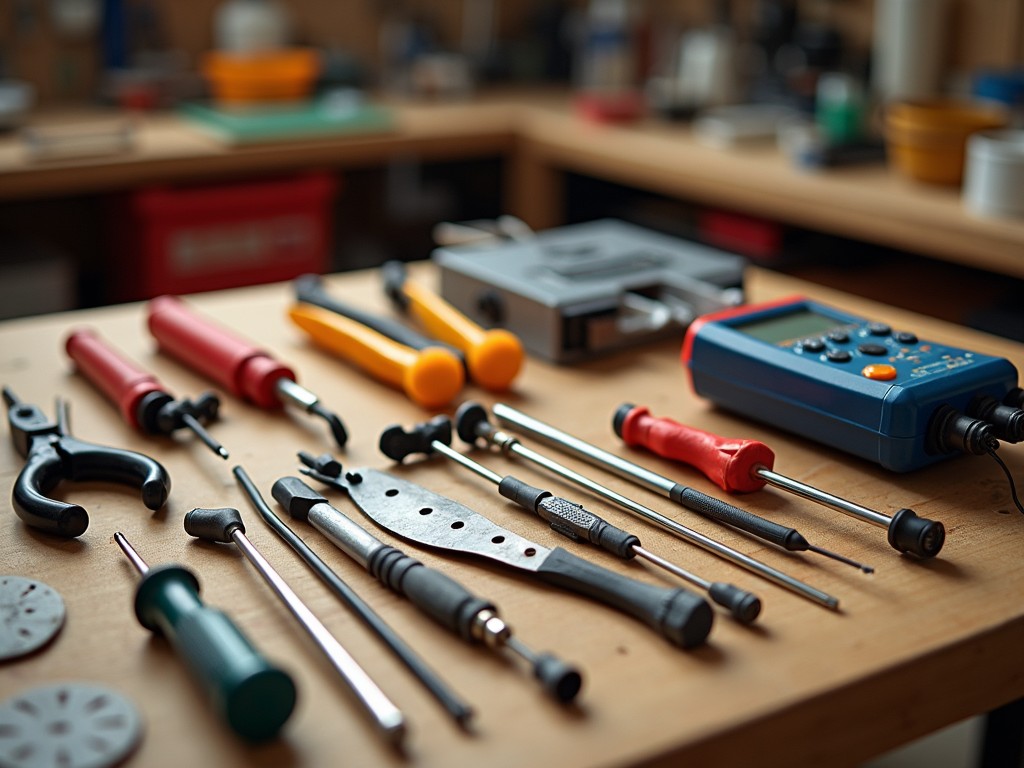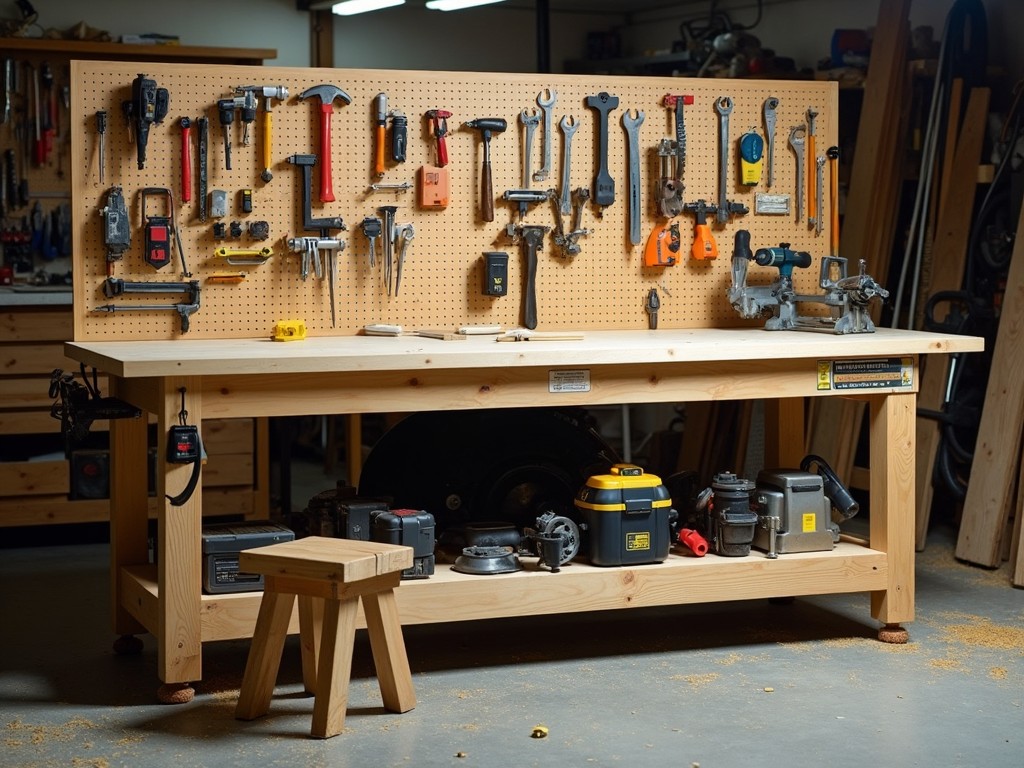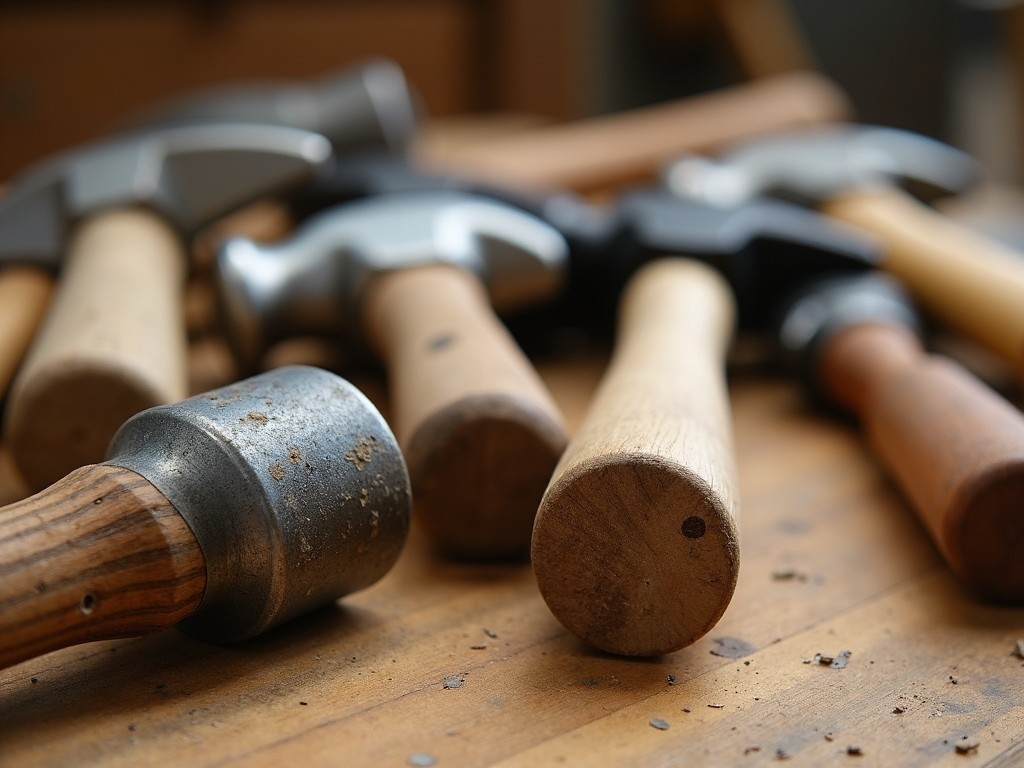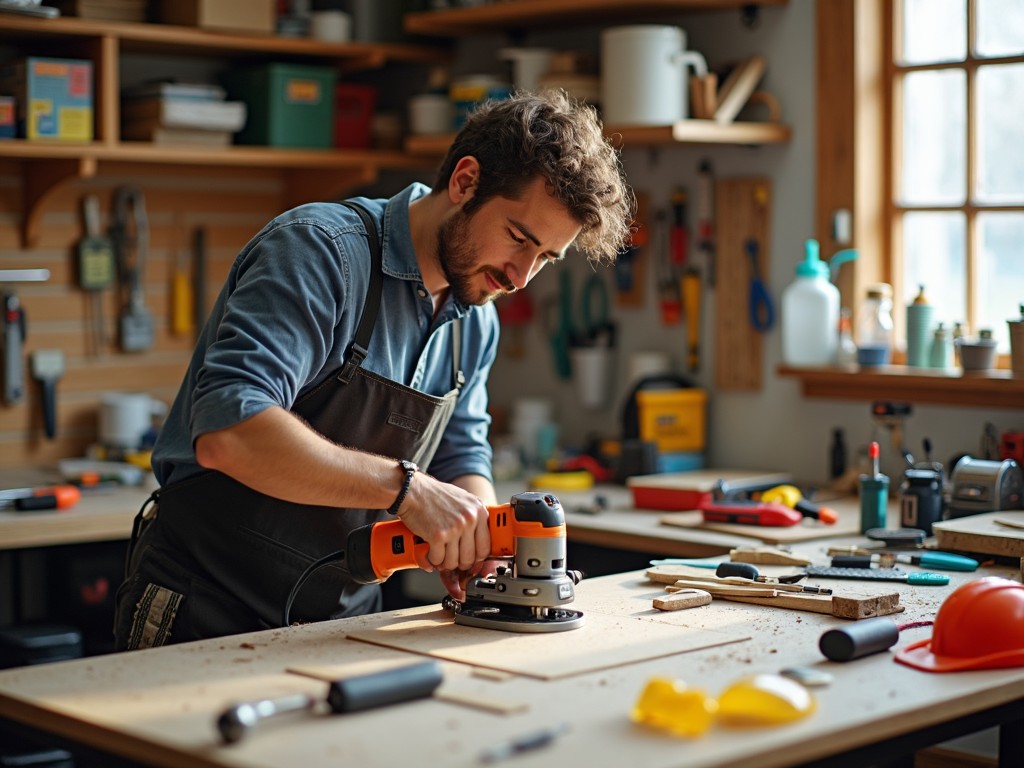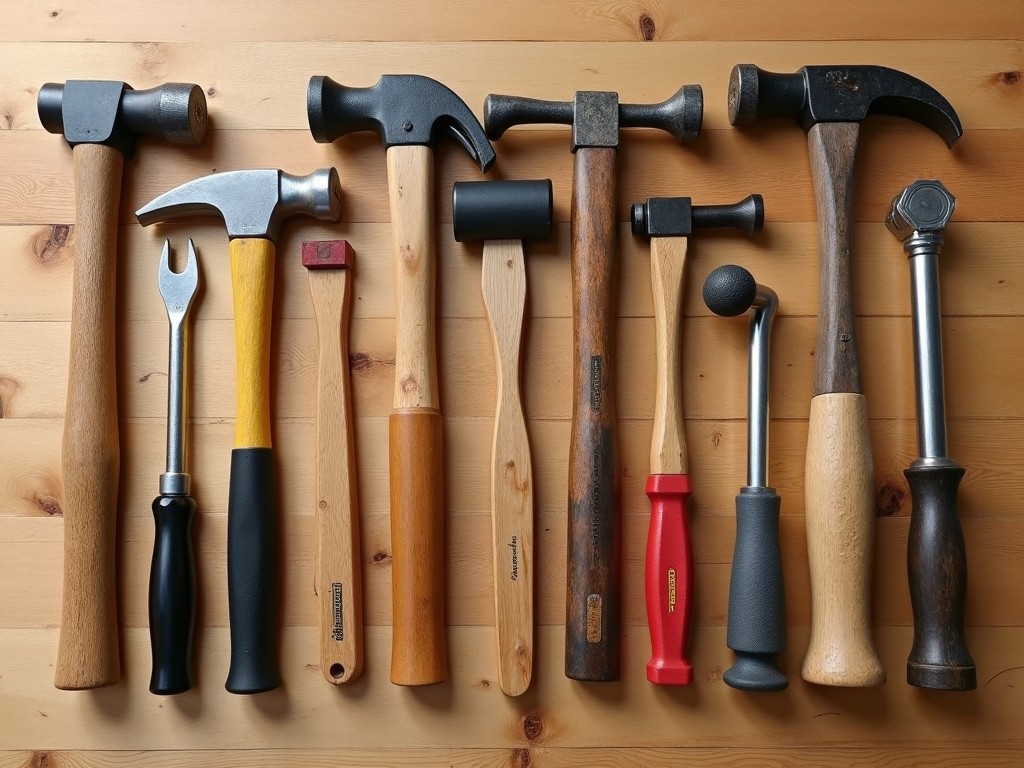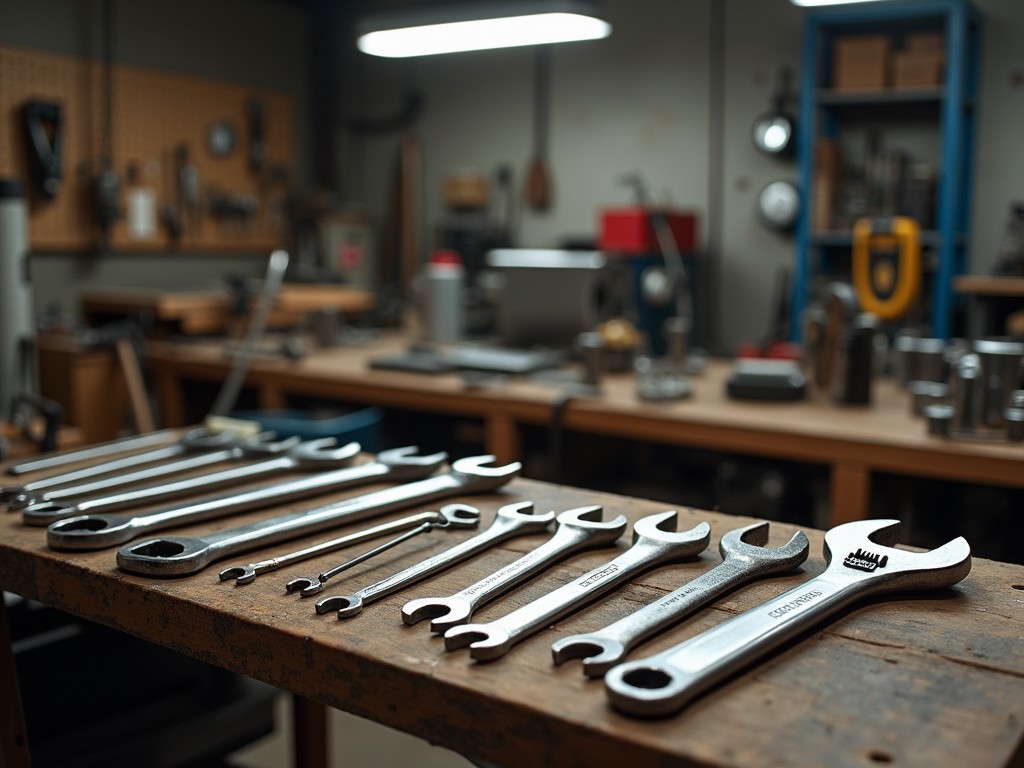Tool Maintenance for Longevity and Performance
Proper tool maintenance ensures your tool sets perform at their best and last longer. Learn practical tips and personal insights on keeping your workman tools in top condition.
Maintaining your tools isn't just about keeping them looking good—it's about ensuring they function correctly, efficiently, and for as long as possible. Regular maintenance saves you money and extends the life of your tools.
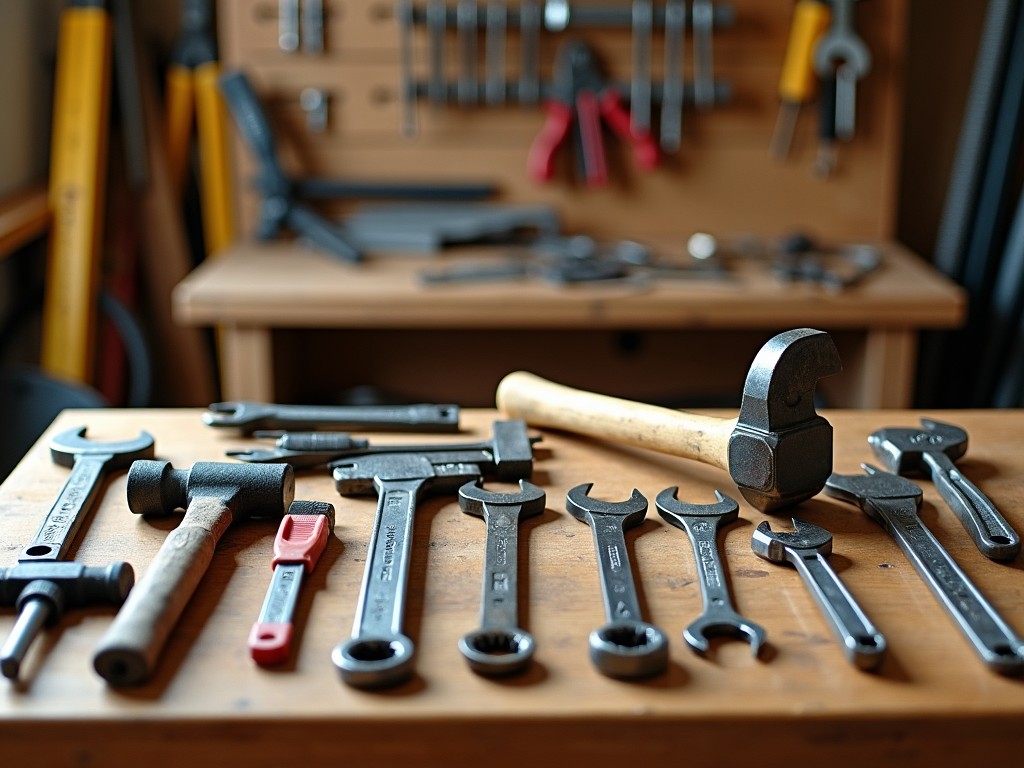
Why Tool Maintenance Matters
Taking care of your tools not only prolongs their life but ensures safety and reliability. Poorly maintained tools can malfunction, leading to potential accidents or project delays. Proper tool maintenance should be an integral part of your routine if you frequently use tool sets.
Essential Tool Maintenance Tips
Here are some basic but essential tips every workman should consider:
- Clean Your Tools Regularly - After every use, wipe down tools with a dry cloth to remove dust and debris.
- Lubricate Moving Parts - Use lubricating oil on moving joints to prevent rust and ensure smooth operation.
- Inspect for Damage - Regularly check for wear and tear, cracks, or loose parts.
- Store Properly - Keep your tools in a dry, organized space, away from moisture to prevent rust.
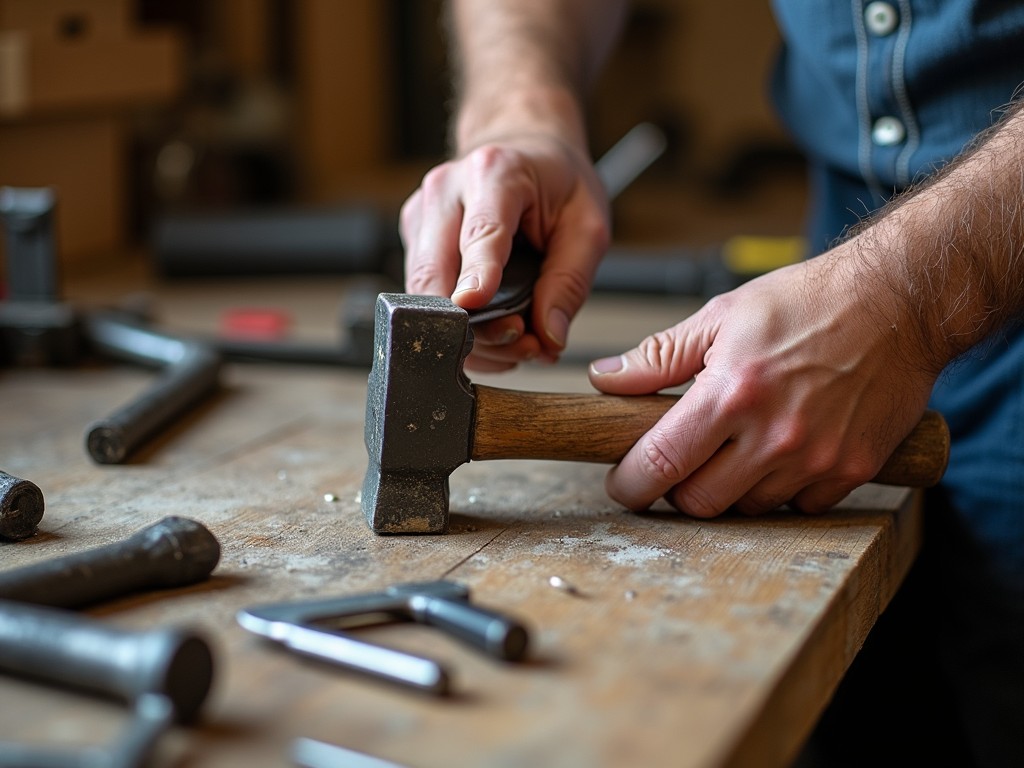
Practical Experience: A Personal Story
When I first started working with tools, I neglected regular maintenance. One day during a project, my drill stopped working mid-use. That incident taught me the importance of routine checks and care. Since then, I've kept a checklist to ensure each tool is ready before starting any new task.
Creating a Maintenance Routine
- Weekly Checks - Dedicate time weekly to inspect and clean your tools.
- Monthly Deep Clean - Spend some extra time cleaning each tool thoroughly.
- Annual Overhaul - Replace any worn-out parts and address any major repairs.
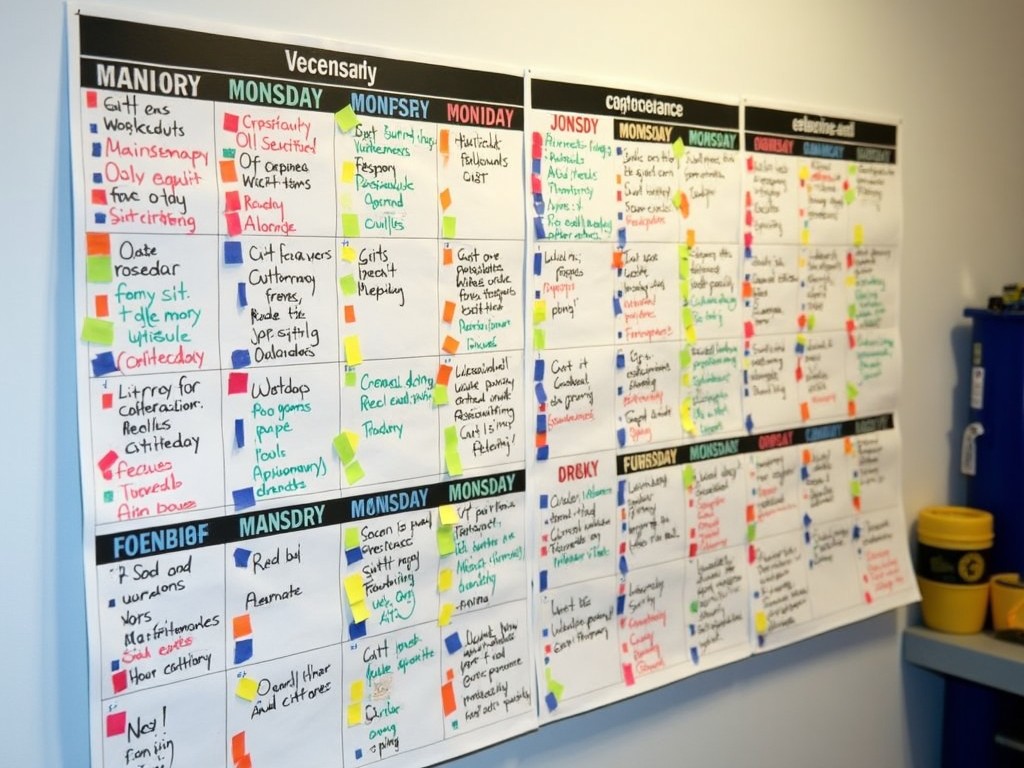
Choosing the Right Tool Sets
Investing in quality tool sets can make a significant difference in their lifespan and performance. Look for durable materials and strong customer reviews when selecting your tools. A well-chosen set will reduce the frequency of repairs and replacements.
Tips for Extending Tool Life
- Use the Right Tool for the Job: Avoid using tools for tasks they're not designed for.
- Follow Manufacturer Instructions: Always read manuals and follow guidance for use and maintenance.
- Stay Organized: Keeping tools organized can prevent misplaced items and unnecessary wear.
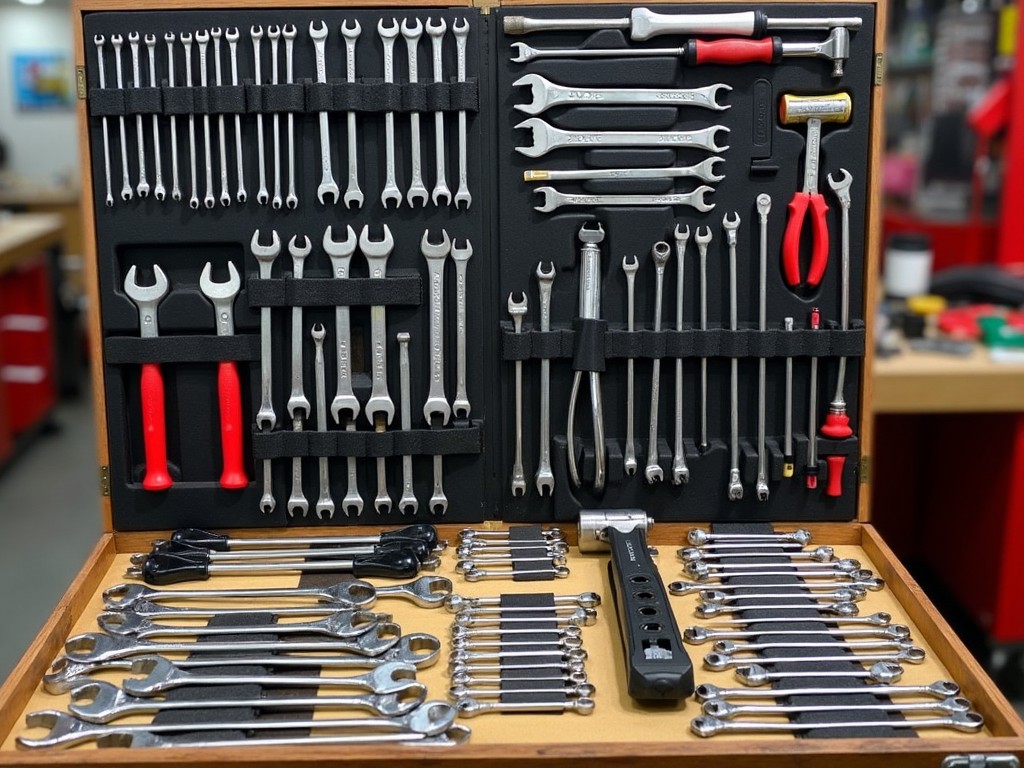
Conclusion: Importance of Routine Care
Tool maintenance is crucial for both amateur DIY enthusiasts and seasoned professionals. By incorporating these simple practices, you can ensure your tools remain reliable and safe for years. Whether you're dealing with a basic screwdriver set or advanced workman tools, regular care will safeguard your investment.
Related tool maintenance and care tips:
- Types of Hammers for Different Projects
- A Comprehensive Guide to Electrical Tools
- Comprehensive Guide to Workman Tools for Automotive Repair
- Essential Screwdrivers for Mechanics: A Comprehensive Guide
- Guide to the Best Tool Sets for Automotive Repairs
- Advanced Workman Tools for Professionals
- Hammer Dynamics and Ergonomics: A Comprehensive Guide
- Power Tools for Beginners: An Expert Guide
- A Comprehensive Guide to Using a Hammer Safely
- Essential Workman Tools for Everyday Use
- Essential Workman Tools for Professional Builders
- Best Power Tools for Car Repair

